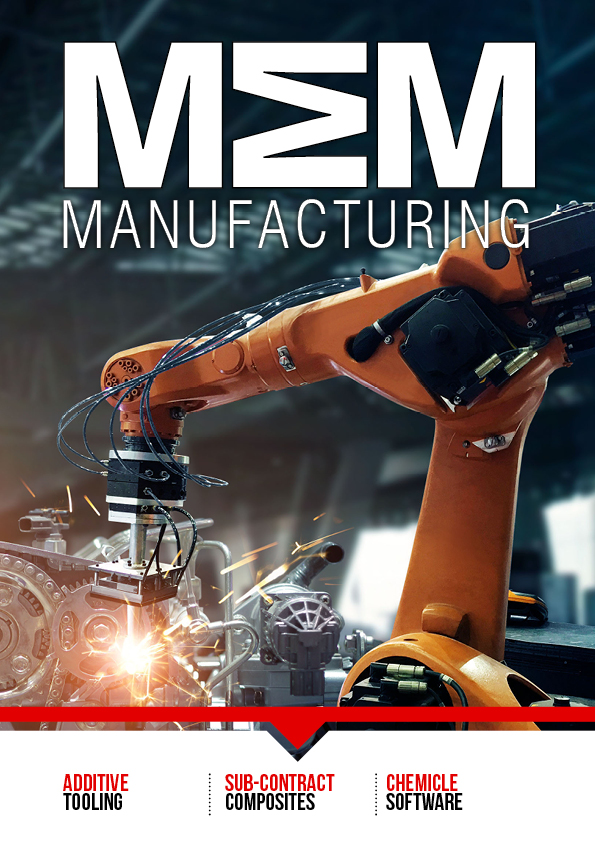Advanced machinery is essential to the modern global economy and the UK must do more to help its machine-making capabilities at home and grow its share of the market abroad, according to Ruth Mallors-Ray OBE, Chair of Strategy at UK industry body the Advanced Machinery and Productivity Institute (AMPI).
Speaking on UK National Manufacturing Day, Ms Mallors-Ray said, “Right now, there are four overarching problems for the UK’s machinery industry to solve. The UK is the home of some outstanding machinery developers, but many are invisible because their specific requirements as a sub-sector of manufacturing are not properly understood.
“At the same time, these machinery developers are often so focused on their day-to-day operations that they’re not aware of the wider support that’s available to them, such as grants, academic collaborations, consultations, and national strategies to foster innovation.
“The UK machinery developer community also lacks market-led technology roadmaps, unlike large vertical sectors such as nuclear, aerospace, automotive, and pharmaceuticals, which all have maps aligned to new and emerging market opportunities and government policies that are relevant to them.
“But the most challenging obstacle to overcome is that most UK manufacturers at the moment select their machinery capabilities from overseas. Buying from abroad is accepted as the norm.”
“The UK can overcome all these obstacles,” added Ms Mallors-Ray. “But to do so requires the right strategy, along with better engagement with the machine-making community and directing manufacturers to solutions that meet their needs which have been developed and built here in the UK.”
The global advanced machinery sector is worth £125B, and with the UK currently holding just 0.5 percent of the market, the machinery manufacturing community has been considering how to grow the market share to contribute to the manufacturing sector and economy.
Ms Mallors-Ray continued, “To progress, we must connect the stakeholders of machinery developers and, more importantly, connect customers and machinery developers – through events, networking programmes, and targeted interventions designed to accelerate machinery development in the UK. Currently, there is no specific research or innovation institute that focuses squarely on the needs of the UK advanced machinery sector.”
“Investment is also essential. The UK must invest in operational efficiency to respond to demands from the market to make new materials, new electronics and new integrated systems. Investment that is directed at these particular demands will unlock the industrial potential of emerging sectors and new materials, create high-quality jobs, and also make the UK more attractive for foreign direct investment. We need the UK to be the country the rest of the world wants to buy from rather than sell to.”
“R&D is another key area. Too much of the UK’s attention currently is on deploying or adapting existing technologies versus creating innovative new ones. Leading nations, including Germany, Japan, China, Korea, Switzerland and Italy, all have dedicated facilities to advance their own machinery capabilities. Ongoing research, technology and innovation needs to be a staple feature of the UK machinery sector as well.”
Ms Mallors-Ray concluded, “To grow the UK machinery sector, we need Government and industry to commit to investing in a national strategy that addresses the needs and requirements of the UK manufacturing sector. But we also need the machinery sector itself to step up and demand to know more about and be a part of this process. One of the biggest problems for this country’s machining community is that it hasn’t had its own voice. With AMPI’s support, UK machinery developers can feel confident in stepping forward so that their collective voice can be heard.”
Manufacturing & Engineering Magazine | The Home of Manufacturing Industry News














